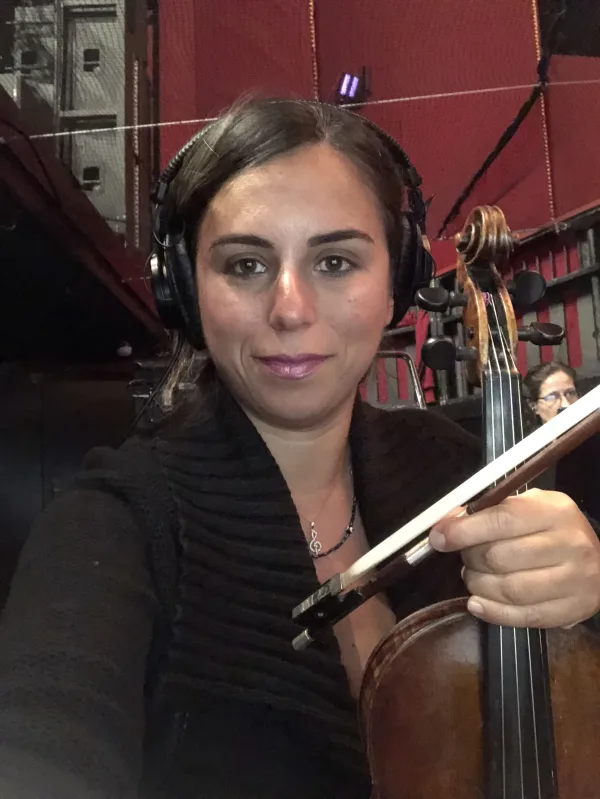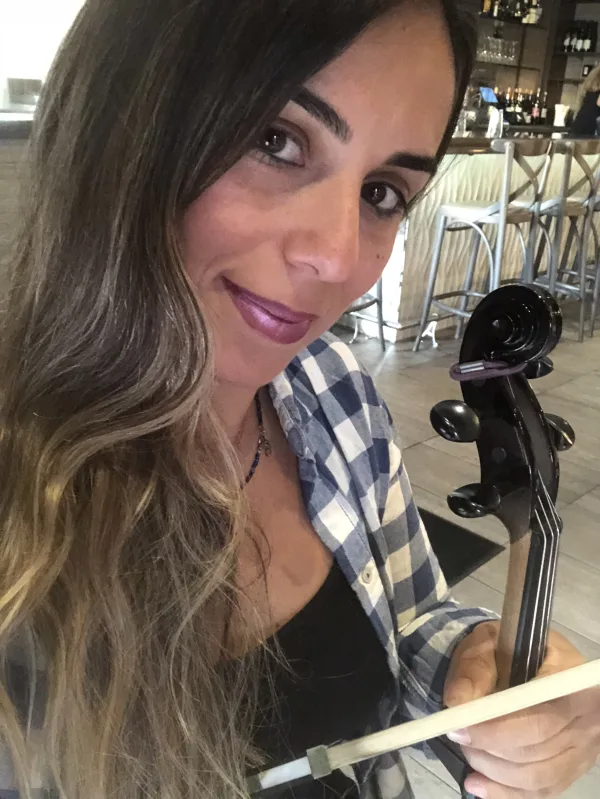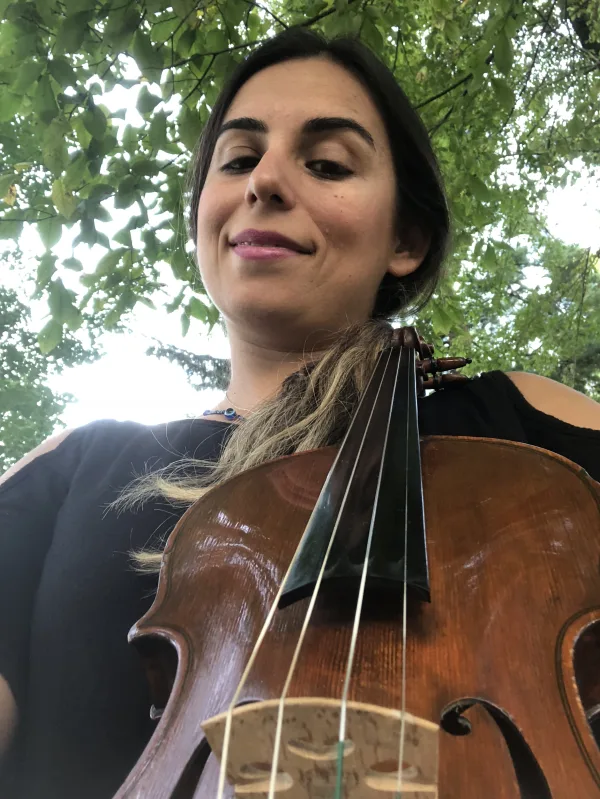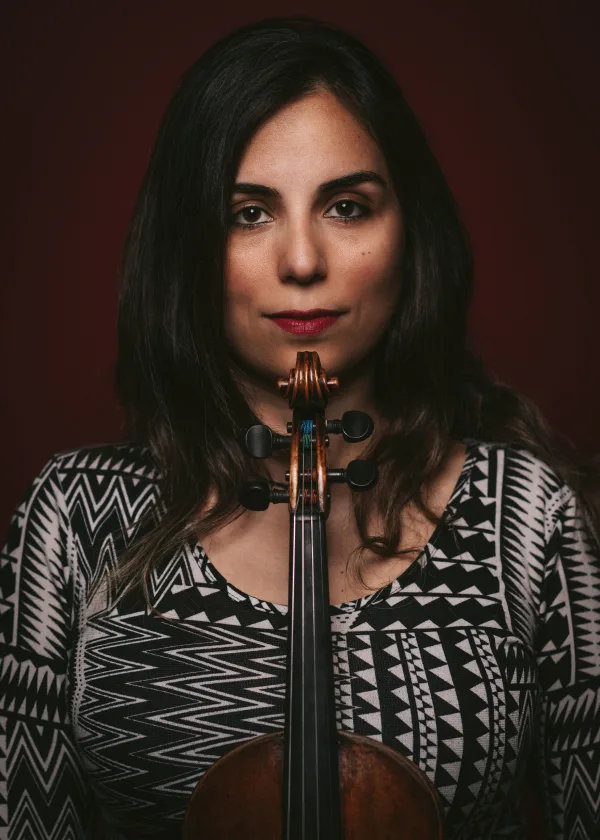Eastanbul Violin/Viola/Conducting Lessons
About
For beginning students who are children, I typically start with Hal Leonard's Essential Elements. I then mix it with Suzuki books and basic music knowledge. Once the student has progressed to have a grasp of the fundamentals, I will begin to introduce solo repertoire appropriate for their first performance. For adults, I try to find out what the student is interested in, and guide my instruction accordingly to keep the lessons engaging and fun, no matter their ability level. Sometimes they have their own choices of songs they want to play / perform and share with the family, so I focus on exactly what my student wants.
My teaching experience dates back to my college days, as I began teaching private lessons part time 8 years ago, and have been consistently teaching students in my home studio for the last 5 years. Encouraging regular practice on a consistent schedule is one of the key points I like to emphasize for younger students, as it tends to help the student progress and gain a passion for the instrument. I've also found that a combination of classical and modern music can go a long way in helping students enjoy the piano and motivate them to practice and continue to learn. If a student isn't having fun in their lessons, then I'm not doing my job! My students are encouraged to enter competitions and recitals, as well as work on composing their own original material, so they can feel good about their accomplishments and stay motivated to learn. I'm always looking to bring on new students of all ages!
Photos and videos




Reviews
Kynan J.
Frequently asked questions
What is your typical process for working with a new student?
*Finding the level of the student
*Finding out what the lessons are for (exams , fun , hobby etc)
*Scheduling lesson times / availability
*Homeworks/Practices
What education and/or training do you have that relates to your work?
Nothing is more rewarding than seeing one of my students develop a passion for music! Therefore, it's important that each student progresses at his or her own pace. I encourage this by setting realistic goals for my students at each lesson. Acknowledging accomplishments helps fuel a students desire to progress, and makes students eager to learn more. By trying to find out what inspires the student, I can successfully tailor my instruction to their wants and needs.. Of course practicing is essential and I can not create magic unless their a spark of practice in the progress. Nothing is easy and definitely violin playing is one of the hardest professions to learn.
How did you get started teaching?
My teaching experience dates back to my college days, as I began teaching private lessons part time 8 years ago, and have been consistently teaching students in my home studio for the last 5 years. Encouraging regular practice on a consistent schedule is one of the key points I like to emphasize for younger students, as it tends to help the student progress and gain a passion for the instrument. I've also found that a combination of classical and modern music can go a long way in helping students enjoy the piano and motivate them to practice and continue to learn. If a student isn't having fun in their lessons, then I'm not doing my job! My students are encouraged to enter competitions and recitals, as well as work on composing their own original material, so they can feel good about their accomplishments and stay motivated to learn. I'm always looking to bring on new students of all ages!
What types of students have you worked with?
I have worked with 5year olds to amateur adults!
Describe a recent event you are fond of.
I am currently subbing on Hamilton&Mouling Rouge and The Phantom of the Opera and a member of Rutgers Extension Division violin faculty!
What advice would you give a student looking to hire a teacher in your area of expertise?
practice always makes the biggest difference. hard working students gets the best out of their ambitious teachers like me.